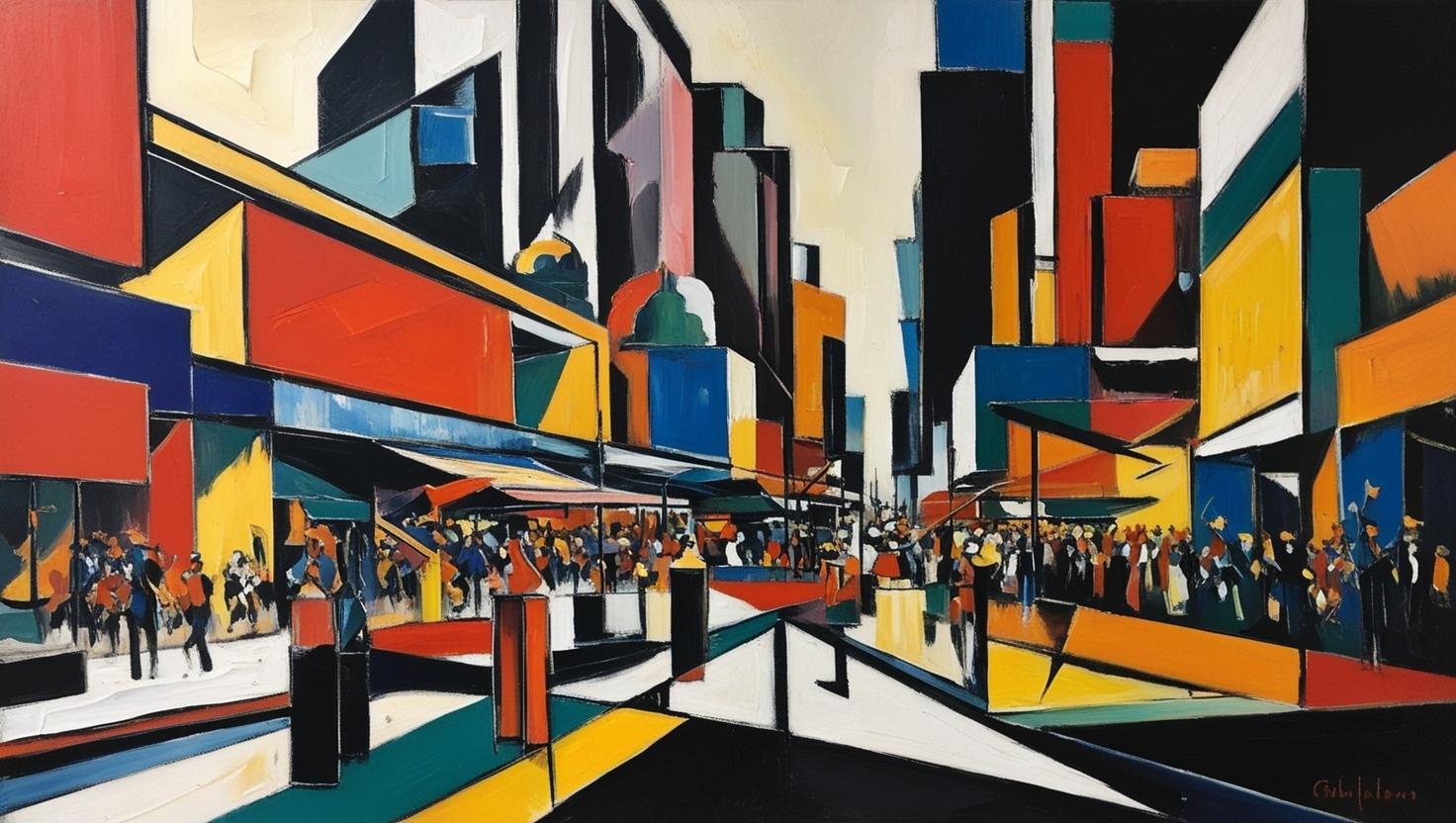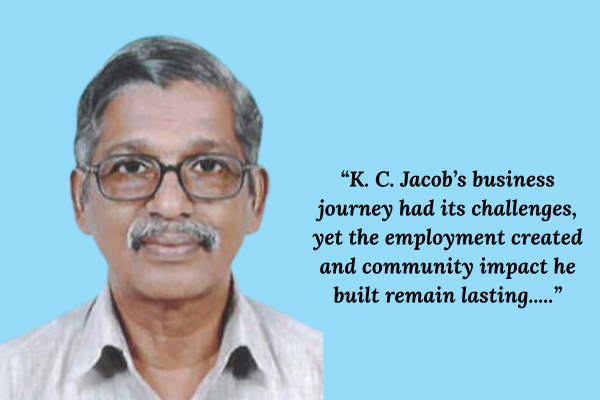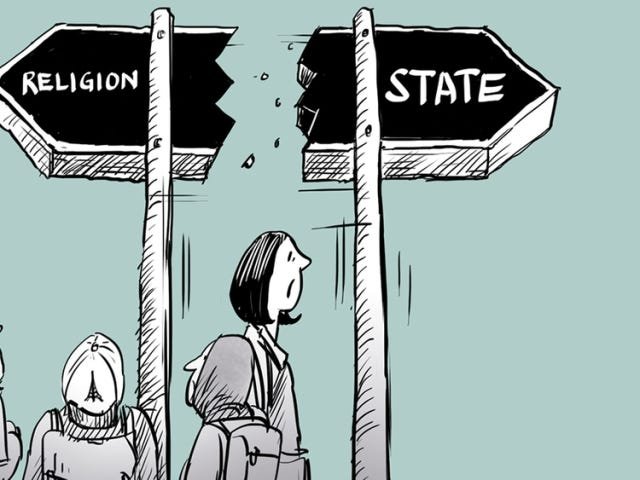From Hyderabad to Canada, from science to storytelling—Dr. Raj Velamoor’s debut novel The Reunion is a moving exploration of friendship, identity, and memory. In this candid interview, he reflects on his transition from psychiatry to fiction, the influence of migration, and the enduring power of human connection.
Q. Dr. Velamoor, after a long and distinguished career in psychiatry, what inspired your turn to fiction with The Reunion? Was there a defining moment that sparked the idea?
Ans:. Believe it or not, this book wasn’t part of any grand plan. When I retired, a thoughtful colleague gave me a soft leather bound notebook about the size of a novella. I held it in my hands and thought, Maybe I could write a story. I knew writing fiction would demand a completely different rhythm and discipline than scientific writing. But I was curious. Could I do it? That question became my starting point.

Q. The novel begins in 1960s Hyderabad and journeys across continents and decades. How much of this is shaped by your own memories and personal history?
Ans: The story is woven from the historical threads of Hyderabad, my birthplace. It was a melting pot of sorts. But there were seminal events that influenced the city alive with contrasts of caste, religion, and politics. These tensions naturally seeped into my imagination. While the characters are fictional, they must carry echoes of people and events I’ve encountered. After all, stories have to emerge from the landscape of our consciousness, shaped by both memory and imagination.
Q. Your book tackles complex themes of caste, religion, migration. How have these forces impacted the lives you’ve observed personally and professionally?
Ans: Yes these themes are central in the Indian life experience. Caste and religion are powerful identity markers, shaping everything from relationships to opportunity. Then, add migration to the mix, uprooting, and resettling in unfamiliar lands, and you have a whole new layer of complexity. In my psychiatric practice in the West, I’ve seen how these forces influence behavior, self perception, and belonging. The mix can be turbulent, but also deeply revealing of human character and personality.
Q. Your characters are psychologically rich and emotionally layered. How has your background in psychiatry informed your storytelling?
Ans: Curiosity is the heartbeat of psychiatry. For decades, I’ve been driven to understand how people think, feel, love, argue, grieve, and hold on to hope. I genuinely enjoy talking with people. My wife often jokes that I can draw out someone’s life story even on a short flight!
That deep attentiveness fuels my ability to create authentic characters. Aristotle called us social animals, and perhaps now more than ever, we need to relearn how to listen and connect. In a world that so easily isolates us, human connection is more vital than ever.
Q. The Reunion centers around a group of six friends, tested by time, ideology, and geography. What do you want readers to reflect on about friendship?
Ans: Friendships are among the most enduring and fragile of relationships we form. I didn’t write the novel to give answers but to raise questions. I hope readers reflect on their own friendships, the divisions they’ve themselves navigated of class, caste, race, geography and how those bonds have held or frayed. If the book stirs a memory, a feeling of gratitude, a moment of regret, or a hope for reconciliation, then I’ve done my job.
Q. Race, identity, and political change are present in your story, sometimes subtly, but with power. What conversations were you hoping to spark?
Ans: A great question. At its core, I wanted readers especially those in the diaspora to pause and ask themselves: Who am I? Where do I come from? Who have I become? And, most importantly: Do I feel true to myself? These questions lie at the heart of the immigrant experience, particularly for those from post colonial societies navigating integration and selfhood in foreign lands.

Q. Shifting from academic writing to fiction must have been a creative leap. What did you find most challenging or rewarding about the transition?
They’re entirely different beasts. Scientific writing follows a formula, hypothesis, method, result. Fiction, though, is wonderfully unpredictable. You might start with a plan, but your characters will surprise you. They’ll take you to unexpected places. That unpredictability is what makes writing fiction so thrilling. It’s more romantic, and more liberating. It feels like genuine creation.
Q. How has The Reunion been received especially by South Asian readers? Any feedback that really surprised you?
Ans: When I wrote it, I didn’t expect much. It was, in a sense, a private journey. I was writing for myself. But the response has been humbling. Many readers, particularly from the diaspora have said it mirrored their own experiences. A shared experience I suppose. The nostalgia resonated with them. What surprised me most was how deeply white readers connected with it too. They found it compelling, even eye opening. Some of them commented that they learned much from the book and that their perspective on the Indian subcontinent was deepened.
And when the book received honourable mentions in book festivals in London, New York, and LA, I could almost hear my father chuckling: “The age of miracles is not over!”
Q. You’ve mentioned you’re now writing poetry. Can you tell us more about that creative turn and what’s next for you?
Ans: Poetry came as a surprise too. I began writing short verses to mark birthdays, anniversaries, or to comfort friends in grief. Then, I started responding to world events and politics. Before I knew it, I had a small collection. Friends encouraged me to publish it. Poetry’s beauty lies in its brevity, conveying emotion with just a few words. I enjoy this exercise immensely.
As for the future, I’m 79 now. I take each day as it comes. I’m not rushing into another big project. While there is so much to do and so little time left, I’m content to just enjoy a rose, a sunset… and a really good cup of filter coffee.








